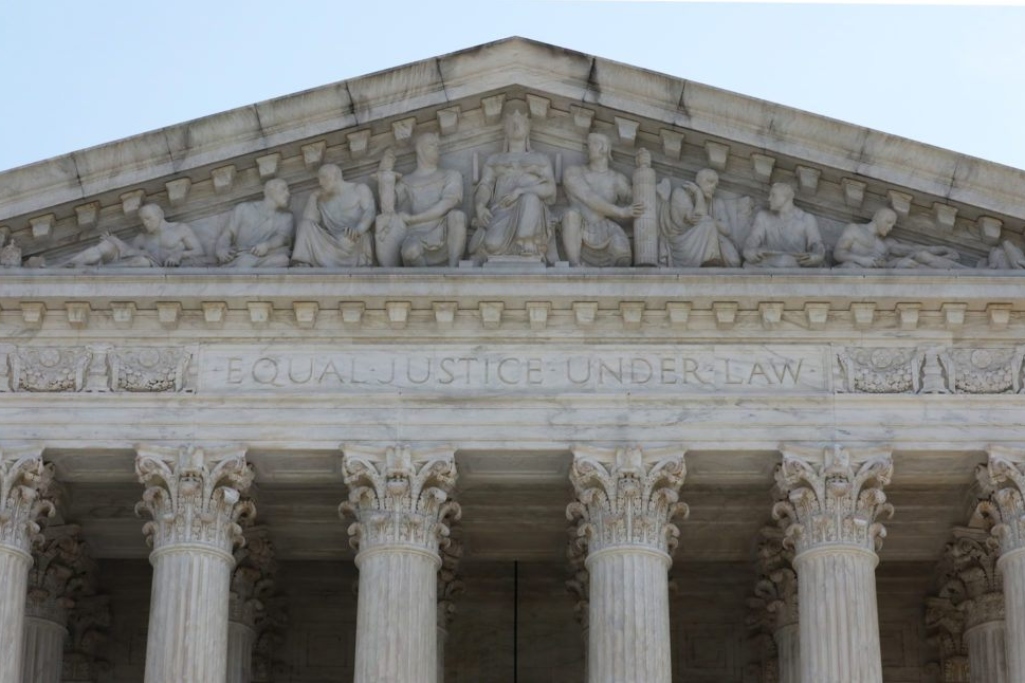
This may be a news flash to some of you, but your pastor is not flawless. Like you, he goes through seasons of suffering, insecurity, fatigue and doubt. He often feels alone. He may even be on the cusp of burnout – or worse.
 |
People hurt. And that means that pastors hurt. But too often pastors hurt alone. With October being Pastor Appreciation Month, I thought I would offer some insight on how churches can care for their pastors.
1. Realize that just because you “know your pastor” doesn’t mean that “your pastor feels known by you.”
The pastor is the most known and least known person in every church. Everyone knows his name, face, voice, personality, stories and jokes. It’s never hard to strike up a conversation with him about his family, hobbies, interests or favorite movies, because he shares a ton of them with you publicly every weekend.
But very few people know when their pastor is tired, discouraged or doubting. After all his role, or so we think, is to care more about your spiritual needs than his own. So while the pastor cares for the church, “Who cares for the pastor?” often goes unasked.
It is a huge first step to realize this dynamic of the pastor being known yet unknown is most often at play. The more we talk about it, the more we can change it.
2. Let him know he’s one of the sheep with you.
If you’re a lay leader in the church, make sure you let your pastor or pastors know, “You don’t just lead us. You are a part of us. We want to be the church with you.” Remember, your pastor may be your shepherd, but he’s still a sheep. That means he needs love, support and encouragement just like you do. And don’t be stingy with the encouragement!
3. Make healthiness a pastoral expectation.
At a pastor’s annual performance review ask, “Who are your closest friends? How often do you spend time with them? What do you do to recharge?” As churches, if we only ask pastors about their productivity and not their sustainability, we can’t be surprised if they crash.
Make it part of the expectation of the church that the pastor have outlets that recharge him, such as working out, spending time with friends, or regularly taking vacations. Set healthiness, not frenetic burnout, as the expectation for your pastor.
4. Provide funds for counseling.
Pastors are very frequently in the caregiver role. Whether or not they like this role, it’s draining. One way to help here is to provide a scholarship for your pastor to seek counseling. Not only does this offset some of the pastor’s stress, making him more effective, but it also provides a humble example for the congregation. I can’t tell you how many people become receptive to counseling once they realize their pastor has done the same.
Pastors, we bear responsibility also in responding to hard times well. Here are three things we should remember:
1. Don’t try to be a superhero.
The church already has a Savior, and you’re not it. In the end, you are responsible to assess when you’re tired, hurt or disappointed. If you are, let someone know. Identify and invest in friendships that are replenishing, rather than ministry-specific. Figure out what drains you and what energizes you. And don’t feel ashamed to take a break.
2. Get enough sleep and exercise.
Speaking of taking a break, take a break. God gave us Sabbath as a gift, not a burden. Sabbath is supposed to represent a principle of rest and trust, but too many pastors brush this aside. They may not articulate it like this, but they assume that because they are doing God’s work, it doesn’t matter that they’re driving their body into the ground.
You are not a bodiless soul. God made you out of flesh, and He made you with real limits. That means you should sleep at least seven hours a night, but more is better. It means you should stay physically active. It means that what you do with your body impacts your emotional and spiritual health.
Everyone goes through seasons when they are a bit sleep-deprived and unable to get to the gym. But if you regularly “don’t have time” to get adequate sleep and exercise, you’re on a dangerous course. Take a Sabbath now, by choice, or your body will force it in ways you won’t like.
3. Prioritize your spiritual walk more than your spiritual ministry.
You need to have a time when you read the Bible for the nourishment of your own soul, not just to prepare a sermon. You should have time when you talk to God not just on behalf of others, but because you enjoy Him. Paul David Tripp calls the pastorate a “dangerous calling” for this very reason: It is far too easy to go through the motions of our spiritual walk because it is our job.
If you find yourself going through the motions, don’t freak out. Be honest. Seek some help from a friend, fellow pastor, mentor or counselor. Let’s show the kind of humility and trust in those moments that we encourage our congregants to show when life is hard for them.
On both sides of the equation – pastor and congregation – let’s be intentional so we have thriving pastors, serving thriving churches, advancing the cause of Christ.
(EDITOR’S NOTE –J.D. Greear is president of the Southern Baptist Convention and pastor of The Summit Church in the Raleigh-Durham, N.C., area.)


